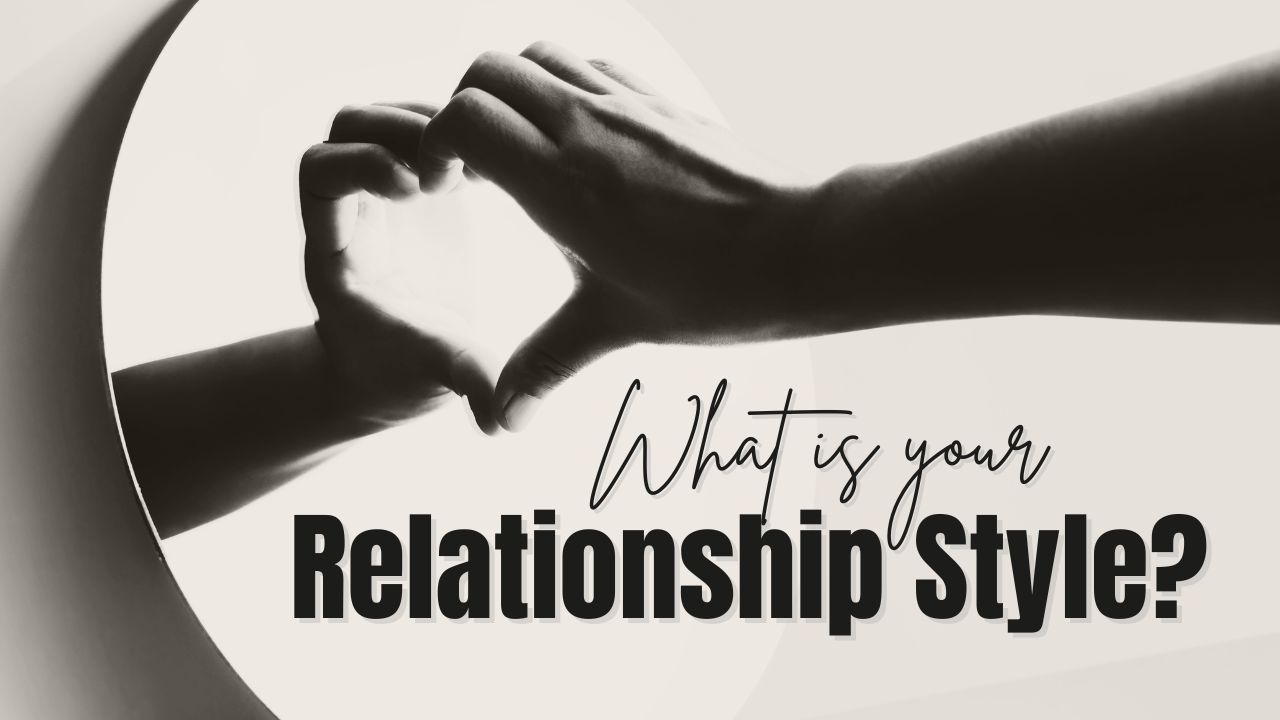New Year New Relationship Dynamic: Types of Non-Monogamy
Feb 01, 2024
What Is Non-Monogamy and Who Is It For?
As we step further into a brand new year, many of us are contemplating resolutions and changes in various aspects of our lives. When it comes to relationships, some people are exploring alternative dynamics beyond the traditional norms of standard monogamy.
Non-monogamy is gaining more and more public attention as individuals seek to redefine the way they approach love, connection, and partnership. Whether you're interested in exploring non-monogamy yourself or not, the principles of healthy alternative frameworks can positively challenge and deepen your understanding and practice of love and relationships, monogamous or not. In this blog, we'll dive into the world of healthy non-monogamy, exploring what it is and who might find it a suitable fit for their lifestyle.
Defining Non-Monogamy
Non-monogamy is a broad term encompassing various relationship structures that go beyond the traditional idea of exclusive monogamous partnerships. Unlike monogamous relationships where individuals commit exclusively to one partner, non-monogamous relationships allow for consensual romantic or sexual connections with multiple people simultaneously.
Non-monogamous relationships can often defy other pre-conceived social standards like the ‘relationship escalator,’ as moving in with a partner does not necessarily signify an escalation of the relationship. To read more about Nesting Partners and how they aren’t roommates and also aren’t necessarily primary partners, check out this article in Well+Good in which I am a featured expert.
5 Main Types of Non-Monogamy
-
Polyamory:
Polyamorous relationships involve individuals engaging in multiple romantic relationships with the knowledge and consent of everyone involved. Communication, transparency, and emotional intelligence are key in polyamorous dynamics. -
Open Relationships:
In an open relationship, partners agree to allow each other to have sexual or romantic relationships outside of the primary partnership. Boundaries and communication are crucial to maintaining a healthy open relationship. -
Swinging:
Swinging involves couples engaging in sexual activities with other couples or individuals. It is often recreational and focused on the physical aspect of relationships rather than emotional connections. -
Monogamish:
Monogamish, a term coined by sex columnist Dan Savage, refers to a relationship that is primarily monogamous but allows for some degree of sexual or romantic exploration outside the primary partnership. This variation of non-monogamy acknowledges the desire for occasional sexual or emotional connections with others while maintaining a committed bond with one's primary partner. -
Relationship Anarchy:
RA is the application of the principles of anarchy to romantically or sexually intimate relationships. This means rejecting societal expectations and hierarchies in relationships with an emphasis on the importance of autonomy, consent, and communication. In a Relationship Anarchy framework, there are no predefined roles or labels. Instead, individuals are encouraged to define their relationships based on their own needs and desires. Relationship Anarchists believe there should be no hierarchical difference between romantic or platonic relationships and that no demands or expectations should be placed on any relationship.
My course ENM 101: Exploring Healthy Non-Monogamy dives deeper into these alternative relationship dynamics and how to discover which framework is best for you. Enroll Here.
Who Might Be Interested in Non-Monogamy?
-
Those Seeking Variety:
For those who value variety and diversity in their relationships, non-monogamy provides the opportunity to explore connections with different people while remaining in integrity. -
Communication Enthusiasts:
Non-monogamous relationships require strong communication skills. Those who thrive on open and honest communication may find non-monogamy aligns well with their values. -
Autonomous Individuals:
Non-monogamy often involves a level of autonomy where individuals can explore relationships independently. This is appealing to those who value personal freedom within the context of a relationship. -
Emotionally Intelligent People:
Navigating multiple relationships requires a high level of emotional intelligence or EQ (Emotional Quotient). Those who are in touch with their own emotions and can navigate the emotions of others may find success in non-monogamous dynamics.
As we venture into a new year, the landscape of relationships continues to evolve. Non-monogamy provides an alternative for individuals seeking diverse, consensual, and communicative connections. Whether you're curious about exploring non-monogamy or simply interested in understanding different relationship dynamics, the key is open-mindedness, communication, and respect for the boundaries and needs of everyone involved. As always, the most important aspect of any relationship is ensuring that all parties are on the same page and consenting to the chosen dynamic.

Curious to learn more, find out what your Ideal Relationship Structure looks like, and build your own Relationship Agreement? Enroll in ENM 101: Exploring Healthy Non-Monogamy.
Have specific questions? Book Private Guidance Sessions for more personalized exploration.
Follow along on social media @passport2pleasure.
WHAT'S YOUR RELATIONSHIP RATIO?
Find out if the math adds up for you to open up! This simple formula tells you if you're ready to explore healthy non-monogamy. Sign up and get my free worksheet as a thank you.
Consent is our thing so we won't send spam. Unsubscribe at any time.


